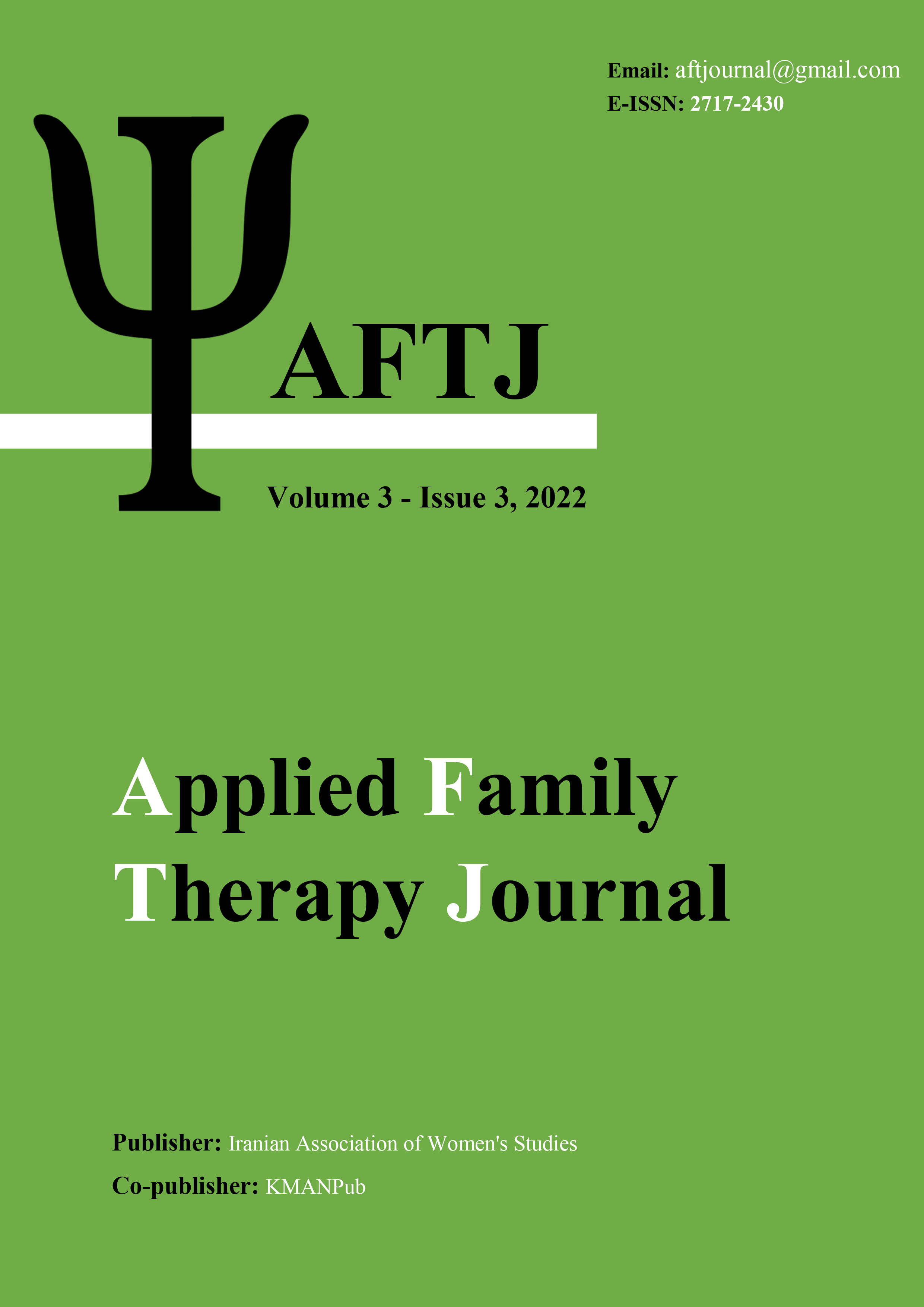The effectiveness of Gutman couple therapy on improving the quality of life and reducing marital burnout
Keywords:
Quality of life, marital burnout, Gutman's cognitive-systemic couple therapyAbstract
Aim: The purpose of this research was to investigate the effectiveness of Gutman couples therapy on improving the quality of life and reducing marital burnout in couples. Method: The current research was applied and the research method was a semi-experimental one with a pre-test, post-test and follow-up design with a control group. The statistical population included all couples who referred to the counseling centers of Alborz province and its regions in 2019, from among the 14 couples available and selected by sampling method. In two experimental groups (Gutman couple therapy) and the control group were randomly replaced (7 couples in each group). Gutman couple therapy (2008) was conducted during 15 sessions of 90 minutes and the control group did not receive training. The follow-up period was implemented two months after the end of the sessions. The data was obtained through the World Health Organization Quality of Life Questionnaire (1996) and Pines Marital Burnout (1996). Results: The results showed that Gutman's cognitive-systemic couple therapy is effective in improving the quality of life (F=8.50, P=0.001) and reducing marital burnout (F=11.22, P=0.001). Conclusion: Based on the findings of this research, it can be said that Guttman's cognitive-systemic couple therapy approach is effective in improving marital quality and reducing marital exhaustion of couples.
Downloads
Downloads
Published
Issue
Section
License

This work is licensed under a Creative Commons Attribution-NonCommercial 4.0 International License.





















